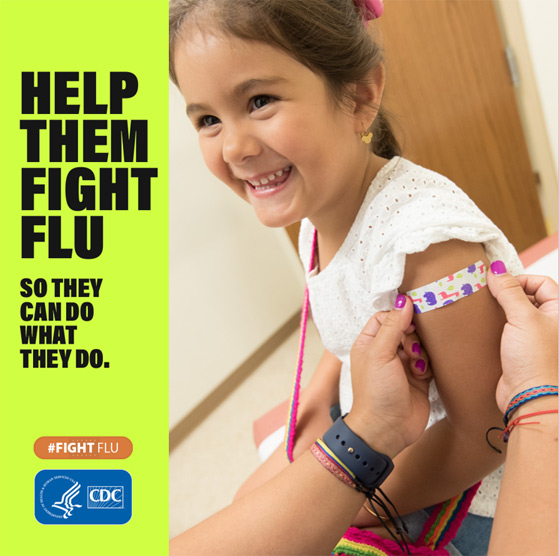First Variant Virus Infection of 2018 Linked to Pig Exposure at an Agricultural Fair in Indiana
CDC recommends people at high risk for serious flu complications avoid pigs and swine barns at fairs
July 6, 2018 – The first human infection with an influenza A(H3N2) variant (A(H3N2)v) virus was reported by CDC today. When influenza viruses that normally spread in swine are detected in people, they are called “variant” viruses and are designated with a letter v at the end of the virus subtype. The patient was a child < 18 years of age, was not hospitalized, and has fully recovered from their illness. Indirect contact with swine at an agricultural fair was reported in the week preceding illness onset. This infection is a reminder about important precautions that people should take at agricultural fairs to avoid the spread of influenza viruses between people and pigs.
This report brings the total number of reported A(H3N2)v infections in the U.S. since 2005 to 435. Swine flu viruses do not normally infect people; however, sporadic human infections with these viruses have occurred. Illness associated with variant virus infection includes symptoms similar to those of seasonal flu. Most illness has been mild, but as with seasonal flu, hospitalization and death can occur. There have been documented cases of multiple people becoming sick after exposure to one or more infected pigs and also cases of limited spread of variant influenza viruses from person to person.
In the United States, human infections with influenza A(H1N1) variant (A(H1N1)v), influenza A(H1N2) variant (A(H1N2)v), and A(H3N2)v have been detected. Most commonly, human infections with variant viruses occur in people with direct exposure to infected pigs (e.g., at a fair or at work), but transmission is possible without direct swine contact. Spread between pigs and people is thought to happen mainly when an infected pig (or human) coughs or sneezes and droplets with influenza virus in them spread through the air. If these droplets land in the nose or mouth, or are inhaled, that person (or pig) could be infected. There also is some evidence that the virus might spread by touching something that has virus on it and then touching the mouth or nose. A third way to possibly get infected is to inhale particles containing influenza virus. Influenza has not been shown to be transmissible to people through eating properly handled and prepared pork (pig meat) or other products derived from pigs.
Human infections with novel influenza viruses (i.e., those that do not normally circulate in humans) should be fully investigated to be sure that such viruses are not spreading in humans in an efficient and ongoing way, and to limit further exposure of humans to infected animals if infected animals are identified. CDC has been in communication with Indiana public health officials; the epidemiology of the variant virus infection reported recently is consistent with past reports.
Agricultural fairs take place across the United States every year, primarily during the summer months and into early fall. Many fairs have swine exhibitions, where pigs from different places come in close contact with each other and with people. These venues may magnify the risk of spread of influenza viruses between pigs and people.
Some people are at high risk of developing serious illness from variant virus infections, just as they are from seasonal influenza. This includes young children, people with underlying health conditions like asthma, diabetes or heart disease, pregnant women and people who are 65 and older. In order to reduce the possible risk of serious illness to people posed by interactions between people and pigs at fairs, CDC recommends that people at high risk for serious flu complications avoid pigs and swine barns at fairs. Precautionary measures for people who are not in a high risk group [1.3 MB, 2 pages] include not taking food or drink into swine barns, avoiding swine that look or act sick, and handwashing after swine exposure.
Seasonal flu vaccines are not formulated to protect against variant viruses, but the same influenza antiviral drugs used to treat seasonal flu can be used to treat variant virus infection in children and adults. The currently recommended drugs – oseltamivir, peramivir, and zanamivir – are available by prescription only. Early treatment works better and is especially important for people who are very ill or who are at high risk of serious flu complications.
CDC has information and guidance for local and state public health officials regarding the surveillance and investigation of human infections with A(H3N2)v virus, and will share updated information if the situation changes.
